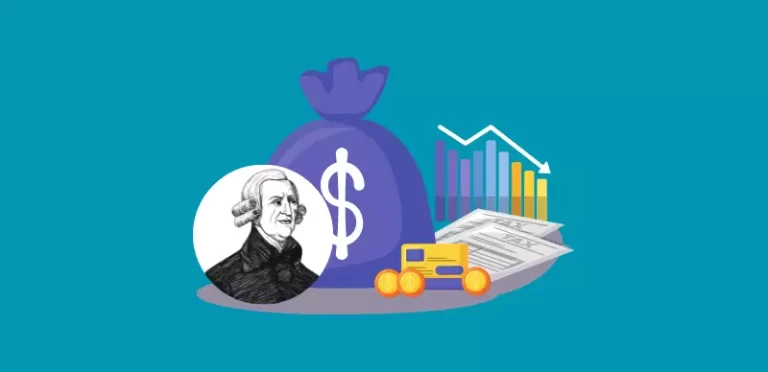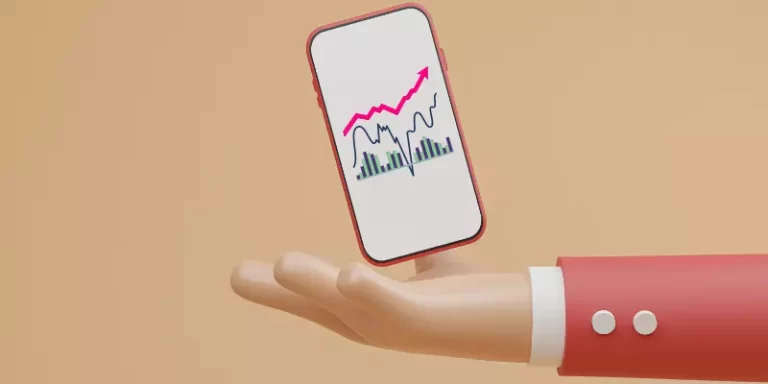Is Economics A Science?: There is a difference of opinion among economists regarding the nature of economics. Many economists consider economics a science. On the other hand, many economists regarded it as an art.
Is Economics A Science?
To conclude whether economics is a science or not, we must be clear about the meaning of science. Science is a systematic and comprehensive study of knowledge that explains the cause-and-effect relationship. Science must have the following characteristics.
- Science is a systematized study of a subject.
- Science establishes the relationship between the cause and effect of a fact.
- Laws of science are universal.
Arguments in favor of Economics as a Science
Prof. Robbins considers economics a science. He said, “The proposition of economics is one on all fours with the prepositions of all other science.” Robertson also regarded economics as a science. The reason is that the last three letters are common in the sciences like physics and dynamics. The following arguments are given in favor of economics as a science.
1. Systematized study – In economics, there is a systematized collection, classification, and analysis of economic facts. The subject matter of economics is systematically divided into consumption, production, exchange, distribution, and public finance. Thus economics satisfies the first requirement of science.
2. Scientific law – Laws of economics are similar to the laws of other sciences. In-laws, we establish a cause-and-effect relationship of economic activities. For example, the law of demand shows the relationship between a change in demand and a price change.
3. Experiments – Economists carry out several experiments with the laws of economics. Capitalism, socialism, and mixed economy are the experiments of economics. Different economic laws have been experimented with and tried to get out of economic evils.
4. Measuring rod of money – Economists possess the measuring rod of money to measure facts. Marshall said that the measuring rod of money has made economics a more certain science than other social sciences. Therefore economics has the quality of quantitative measurement of science.
5. Universal – Much of the economic laws are universally true. They apply to all types of economics. Whether is a capitalist, socialist, or mixed economy the laws of economics are equally applicable. According to Prof. Knight, the laws of economics will be as valid in a socialist as they are in a capitalist. society today. Universal-Much of the economic laws are universally true. They apply to all types of economics. Whether is a capitalist, socialist, or mixed economy the laws of economics are equally applicable. According to Prof. Knight, the laws of economics will be as valid in a socialist as they are in a capitalist. society today.
Based on the arguments given above, we can say that economics is a science. It explores the facts, analyzes them, and classifies them.
Arguments against Economics as a Science
Some economists think that economics cannot be regarded to be a pure science like Physics and Chemistry. There are many reasons for this view:
- The law of economics is not universal – Some writers point out that the laws of science apply everywhere and at every time. But laws of economics are not universal. Some economic laws are based on the habits and bad tastes of the people. Therefore the laws of economics are not so universal.
- The laws of economics are not so exact – The laws of pure science are exact, whereas the laws of economics are not so exact. All economic laws are conditional. They use the phrase, “other things remaining the same.”
- No possibility of laboratory experiments – The laws of pure sciences can experiment in laboratories. In economics, experimentation is not possible. The reason is that the object of its study is the man. This is a great handicap for economics to be a science. As such economics is not pure science.
- Conflicting views – Some writers think that economics cannot be regarded as a pure science because economists differ in their views and explanations. As Mrs. Wooten has remarked, “Whenever six economists are gathered, there are seven opinions.”
- Difficulty in making predictions – Pure science can predict accurately but economics cannot. The difficulty in making predictions is due to its exact laws.
So, we can conclude that it is a social science more similar to pure sciences than any other social science.
Economics as an Art
A question that aroused a lot of controversies is whether economics is an art or not. Lord Robbins, Warles, and Senior think that Economics is only a science. It is not an art. On the other hand, Prof. Pigou and many others are of the view that Economics is also an art. According to J.M. Keynes, “An art is a system of rules for the attainment of a given end.” Quoting Prof. J.M. Mehra” Art is the action with purpose.” The following are the arguments in favor of Economics as an art:
- Solution of the problems – Economics can be helpful to human beings only if it can solve their problems. As stated by Robbins Economics studies human behavior as a relationship between ends and means that have alternative uses. Prof. Pigou remarked, “Economics is not only light-giving but also fruit-bearing.” It solves the fundamental economic problems: The problem of relative scarcity and the problem of choice.
- Modern Trends – Modern economists are very concerned with solving economic problems. They spend a lot of their time finding solutions to the problems of rising prices, depression, unemployment, economic development, etc. Thus we can regard economics as an art.
- Verification of economic law – Verification of economic laws is possible only if economics is an art. The reason is that art is the practical application of knowledge. When we apply the economic laws, only then do we come to know whether their results are true or false.
From this, we can conclude that Economics is a science as well as an art. Prof. Cossa said, “Science requires art, art requires science, each being complementary to the other.”



